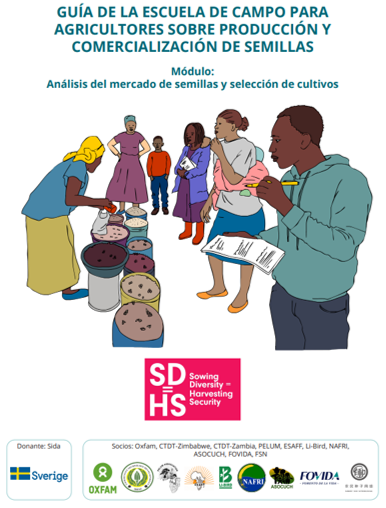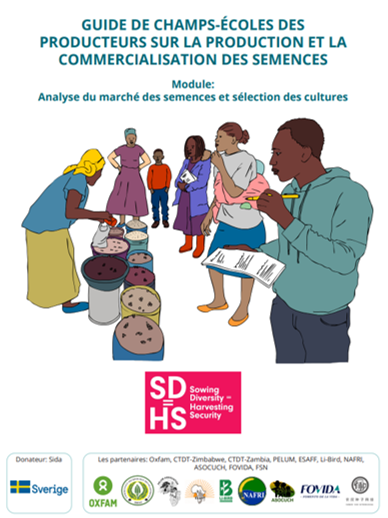There have been many calls for an agroecological transition to respond to food shocks and crises stemming from conventional food systems. A group of researchers, including SD=HS’s Gisella Cruz García, focus on participatory action research and transformative epistemologies, where communities are research actors rather than objects, have been proposed as a way to enhance this transition. Despite numerous case studies, there is presently no overview of how participatory approaches contribute to agroecological transitions. The article aims to understand the effect of applying participatory action research (PAR) in agroecology.
They undertook a systematic review of articles reporting methods and results from case studies in agroecological research. On the one hand, their systematic review of 347 articles shows that the agroecological research scope is broad, with all three types—as science, a set of practices and social movement—well-represented in the corpus. However, we can see a clear focus on agroecology “as a set of practices” as the primary type of use of the concept. On the other hand, they found a few case studies (23) with a participatory approach while most studies used extractive research methods. These studies show that understanding the drivers and obstacles for achieving an agroecological transition requires long-term research and trust between researchers and farmers. Such transformative epistemologies open doors to new questions on designing long-term PAR research in agroecology when confronted with a short-term project-based society.
Find the article in the Frontiers in Sustainable Food Systems journal or download it below.









